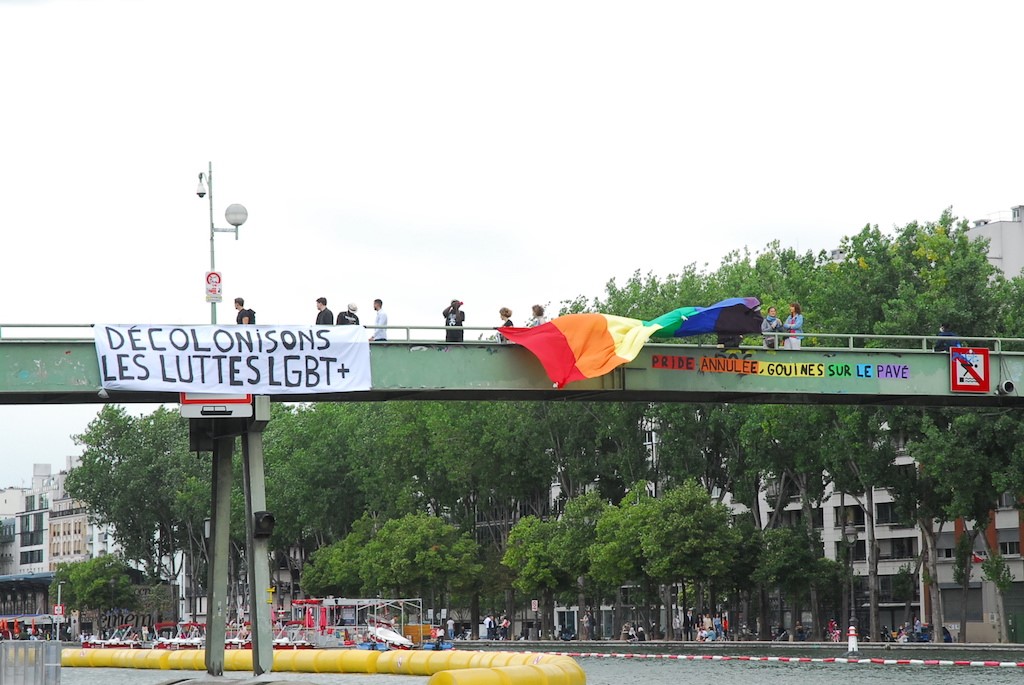On Interviewing and Asylum-seeking
by May Mundt-Leach
10 November 2020
Originally published in our Old Blog.
Three weeks into the MSc in Social Research at Goldsmiths, University of London and it is quickly becoming clear that it is crucial to think outside the box when it comes to methodology – particularly if we aim to do research that is both sociable and actively inclusive. Looking for reading on innovative methods I was kindly given a copy of Migrant City, which provides detailed insight into collective ethnographic techniques with migrants living in London. Getting the choice of methods right is as closely linked to the context of the research as it is to the background and lived experiences of the participants. In Migrant City, the authors wanted to avoid replicating the intrusive and even coercive forms of interview that many of the participants had been subject to when dealing with immigration authorities on arriving in the UK.
Reading this part of the book reminded me of some of the discussions had among a solidarity network in Paris that supports lesbian asylum-seekers living in France, whom I’d done some interpreting for late last year. One of the group’s main aims was to support women throughout their application for asylum in France, through the Office for the Protection of Migrants and Stateless Persons (OFPRA), the equivalent to the UK’s Home Office. The cornerstone of the application process was the interview, where applicants were expected to recount their story to OFPRA officials who would then decide whether their story was ‘legitimate’ enough to be granted asylum in France1.
It became evident that the women who had been interviewed by OFPRA found it to be an intensely stressful and anxiety-inducing event. In the interview, French officials would attempt to extract information from women about their reasons for leaving their home countries and seeking asylum in France, leaving no room for error or going back on oneself. A marker for success was the interviewee’s ability to quickly recount her story in a series of ‘events’, without hesitating or mixing up dates or the order of how things happened. Other pieces of advice: keep eye contact with your interviewers at all times, for then they will know that you aren’t making your story up. Don’t arrive stressed, be prepared, and most importantly, don’t forget.

The experiences of lesbian asylum-seekers navigating the bureaucracies and hypocrisies of OFPRA provides insight into how the interview can quickly become an experience of re-traumatisation and intrusion into one’s life and personhood. It requires the interviewee to fragment her life into a chronological series of events leading up to a ‘main event’, which is then deemed by a stranger whether it is justifiably traumatic enough to warrant granting her asylum. Yet lives are messy things. The interview in this context both dehumanises the individual being interviewed and appropriates her narrative for the benefit of those in power. The content and style of her answers are used against her as ‘proof’ that she is lying. It also denies her the luxury of forgetting certain parts of her life, of moving on and creating new memories.
This brings us back to the importance of method. In Indigenous Research Methodologies, Chilisa cites Poka Laenui (2000) in arguing that one step to decolonising research methods is to conceptualise new ways of doing research, including looking to indigenous epistemologies and ontologies to inform and shape research frameworks. However, for the white Western researcher there is perhaps the added responsibility of, as Armstrong (2018) notes, ‘turning over the rocks in our own gardens’ and making our own much-used methods a site of critical inquiry. I would argue that interview-based research would be an inappropriate, bordering on unethical, choice of method when doing research with those who have been subjected to invasive interviewing practices by state authorities. Efforts should be made to find methods which establish an ‘ethical relationality’ (McGregor et al, 2018) between the participant and the researcher, and, most importantly, find ways for the participant to reclaim her narrative and tell her story in the way she wants to tell it.
Participating in the group taught me a lot about courage, hope and solidarity in the face of extreme adversity, as well as the politics and challenges of interpretation. It also taught me about method. Cities such as Paris or London are full of methodological insight – the people we meet and share our lives with don’t necessarily fit into neatly-formed sociological frameworks or categories. Why, then, should research? Everyone has their own story to tell, yet the traditional interview, in its quiet room with the door closed, centred around two straight-backed chairs with a table and recording device in between, is not necessarily conducive to the telling. Perhaps we can leave those things to OFPRA, and create our own, more sociable alternatives in their place.
Back, L. and Sinha, S. (2018) Migrant City, Oxon: Routledge.
Chilisa, B. (2012) Indigenous research methodologies, Thousand Oaks, Calif: Sage.
McGregor, H. E., Madden, B., Higgins, M., & Ostertag, J. (2018) ‘Braiding Designs for Decolonizing Research Methodologies: Theory, Practice, Ethics’. Reconceptualizing Educational Research Methodology, 9(2).
May Mundt-Leach is an MSc Social Research student at Goldsmiths, University of London.
︎ Image credit: J.B. RICHARD/gaypride.fr.

